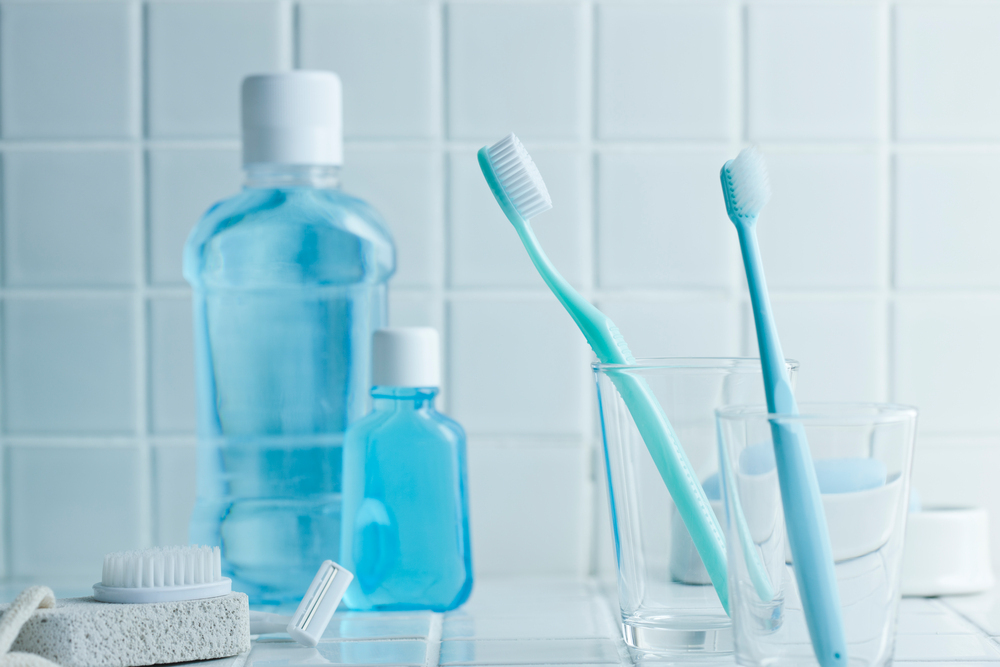Hello! This is Cheonan Buldang-dong Dental Clinic,
Toothbrush Care Tips You Should Know

Our oral health starts with the daily routine of brushing our teeth.
However, did you know that the way
you manage your toothbrush can affect its effectiveness?
The toothbrush is an important tool we use every day,
but how we manage and use it has a significant impact on our oral health.
Today, let’s learn in detail how to properly replace, care for, and store your toothbrush.
1. Toothbrush Replacement Cycle
A toothbrush should be replaced at regular intervals.
An old toothbrush with worn or damaged bristles not only reduces the effectiveness of brushing, but also increases the risk of bacterial growth.

It is generally recommended to replace your toothbrush every three months.
Depending on usage frequency, you may need to replace it every two months.

If the bristles of your toothbrush are bent or worn,
it should be replaced, regardless of the usual replacement cycle.
Worn bristles can irritate your teeth and gums.

If you have had a cold or oral disease, it’s best to replace your toothbrush after recovering,
as bacteria from the illness may remain on the brush.
2. Toothbrush Care
To maintain oral health, it’s important to properly care for your toothbrush after each use.
A well-maintained toothbrush helps prevent bacterial growth and enhances the effectiveness of brushing.

After using your toothbrush, rinse it thoroughly with clean water to remove any food particles or toothpaste residue.
This helps prevent bacterial growth and keeps your toothbrush clean.
3. Toothbrush Storage
Proper toothbrush storage plays a crucial role in preventing bacterial growth.
By storing your toothbrush correctly, you can keep it clean for a longer period of time.

Toothbrushes are often stored in the bathroom, but since bathrooms tend to have high humidity, they create an environment where bacteria can easily grow.
It’s best to store your toothbrush in a dry place, such as near a window with good sunlight and ventilation,
or use a toothbrush sanitizer to keep it clean.

Many people store all family members’ toothbrushes in a shared cup,
but this can cause the bristles to touch, increasing the risk of bacterial growth.
It’s better to use a personal toothbrush holderto keep each toothbrush separate and hygienic.

When traveling or going out, you can use a toothbrush case to protect your toothbrush.
It’s important to choose a case that allows air circulation to keep the toothbrush dry while protecting it.
4. Choosing a Toothbrush
Choosing the right toothbrush is crucial for maintaining oral health.
It’s important to select a toothbrush that suits your individual mouth size and preferences for effective brushing.

Choose the bristle strength based on your tooth and gum condition.
For sensitive gums, a soft toothbrush is recommended,while a medium-strength brush is better for plaque removal.

The size of the toothbrush should fit comfortably in your mouth.
If it’s too large, brushing can be uncomfortable, and if it’s too small, it may not clean effectively.
It’s important to choose a toothbrush that matches the size of your mouth.

Electric toothbrushes are more effective at removing plaque,
but a manual toothbrush can also provide great results with consistent use.
Choose based on personal preference and your oral health needs.A toothbrush is an essential tool for maintaining oral health,
so it’s important to replace it regularly, manage it properly, and store it correctly.
A toothbrush is a vital tool for maintaining oral health,
so it’s important to replace it regularly, manage it properly, and store it correctly.
Additionally, choosing a toothbrush that suits your needs will help you achieve effective brushing.
Along with regular dental visits and good oral care,
you can maintain healthier teeth and gums.

